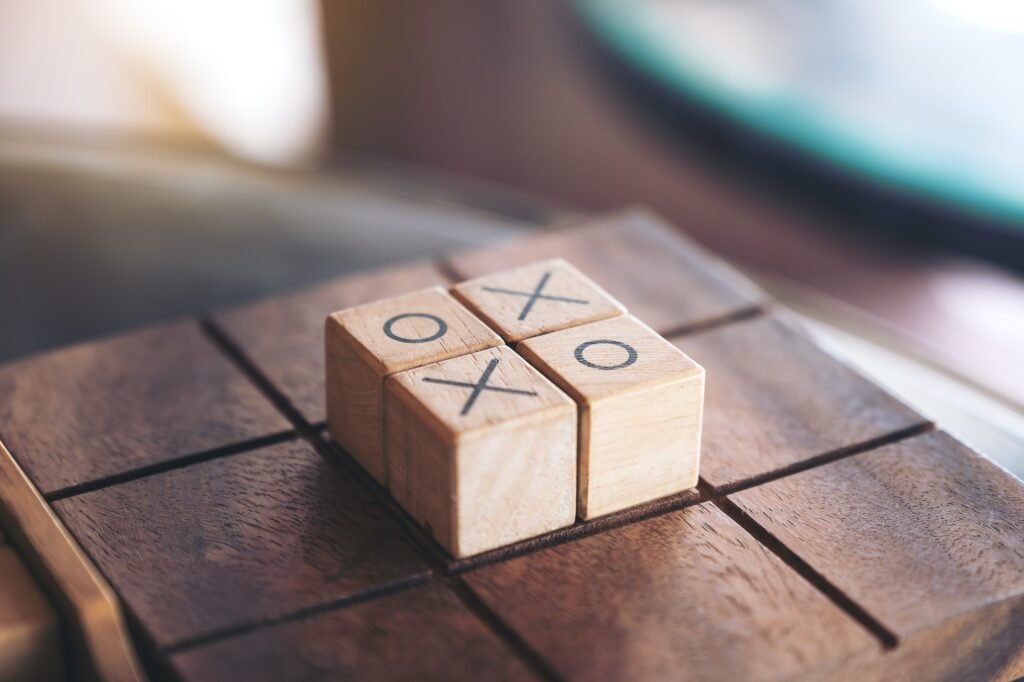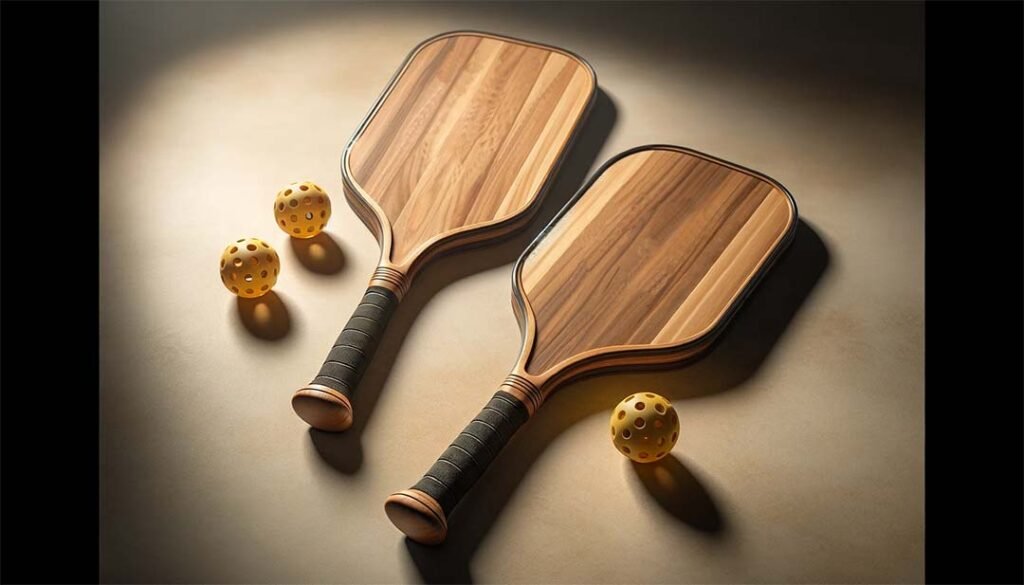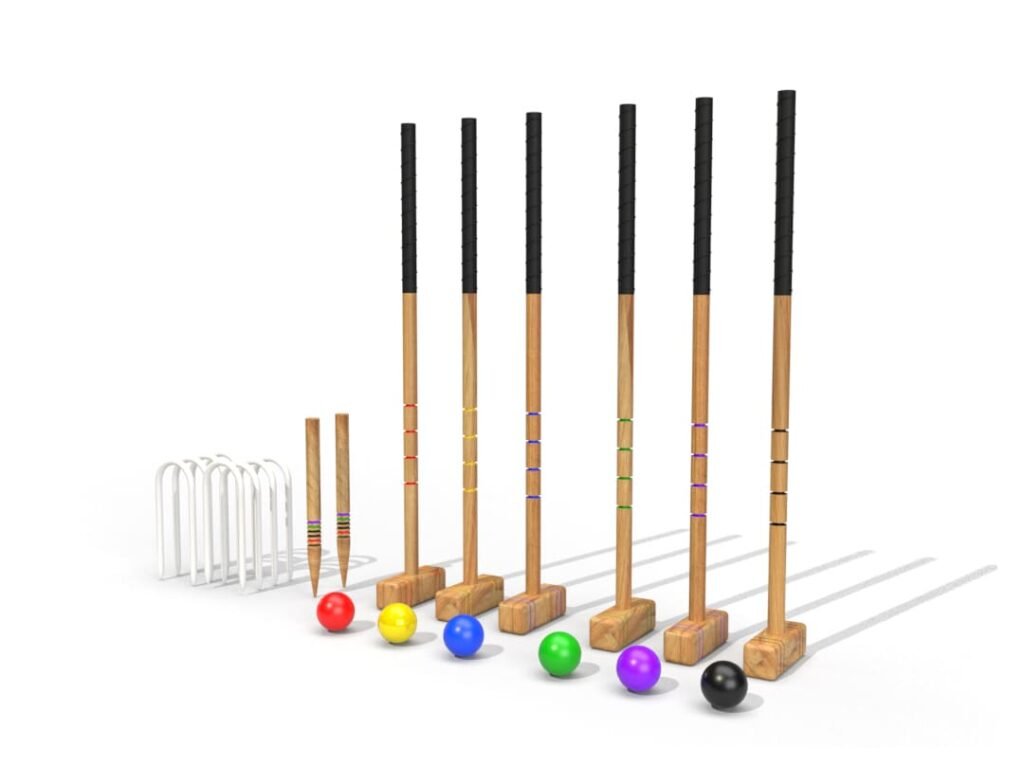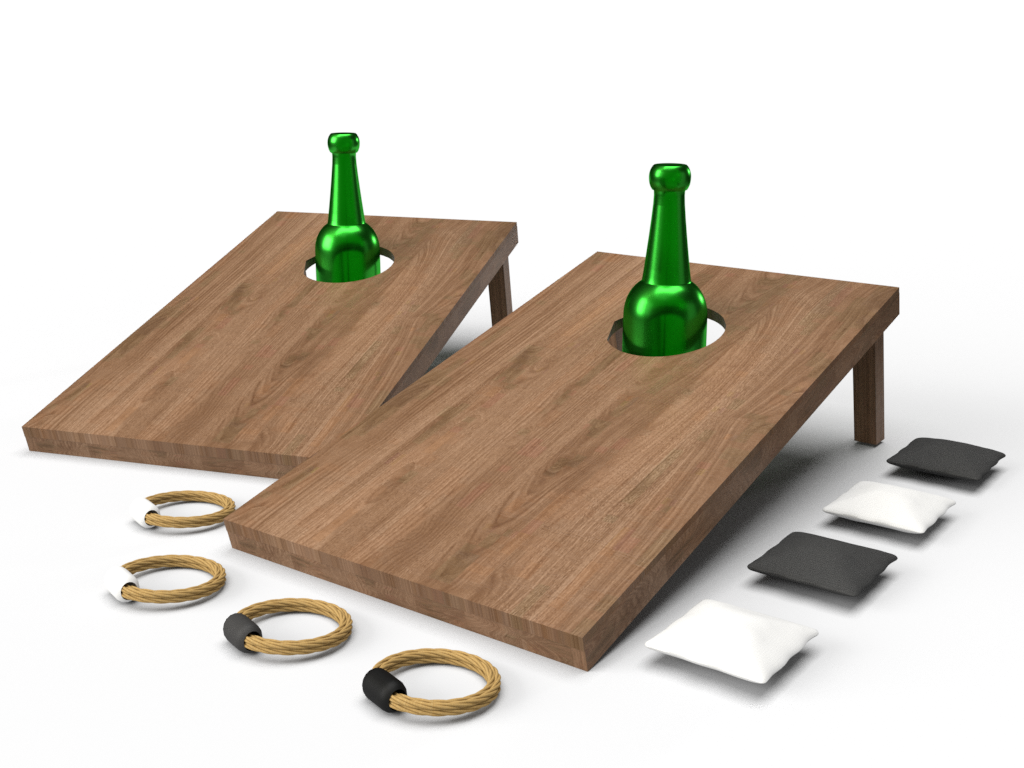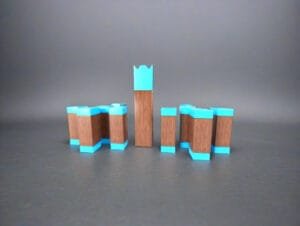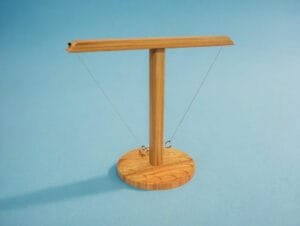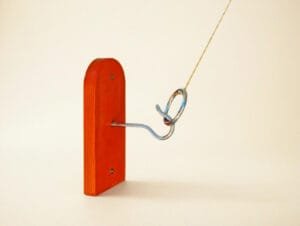Picture this: You spend months—no, YEARS—designing the perfect board game. It’s got strategy, suspense, and maybe even a bit of friendly sabotage (we all love a little drama, right?). You test it with your friends, and they LOVE it. Then one day, you wake up in a cold sweat. What if some big-shot company swoops in and steals your idea? Time to patent it. But how?
Getting a patent for a board game isn’t as impossible as winning at Monopoly without flipping the board. You need a unique game mechanic, some patience, and a little bit of paperwork. In short: Yes, you can patent your game, but no, you can’t just patent a cool theme or artwork.
But don’t worry—I got you. Here’s how to protect your board game baby like a dragon hoarding gold.
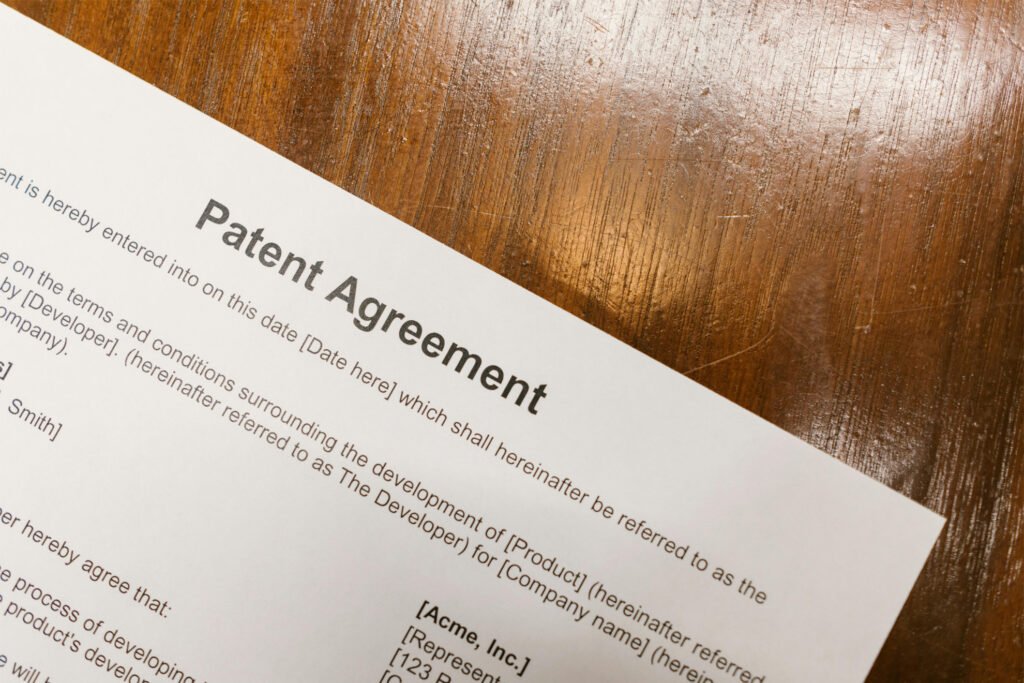
Can I Patent a Board Game?
Short answer: Yes, but only the mechanics, rules, or physical elements that are new and unique. You can’t patent the idea of “a strategy game with cards,” but if you’ve got a never-before-seen way of playing, that’s where a patent comes in.
Now, before you rush to the United States Patent and Trademark Office (USPTO), know this: patents are expensive and take time. If your game is just a variation of chess with dragons instead of knights, it’s gonna be tough.
What Type of Patent Do I Need?
There are three main types of patents, but only one really matters for your board game:
- Utility Patent – Covers the actual mechanics of the game. If you’ve invented a unique dice-rolling system or a game mechanic nobody has seen before, this is your ticket.
- Design Patent – Protects the look of game pieces or board designs. Not as useful unless your components are revolutionary.
- Trademark – Not a patent, but still important. You want to protect your game’s name and logo to stop knockoffs.
Pro Tip: Most board game designers go for a utility patent if their mechanics are original. If you’re just worried about branding, a trademark might be enough.
How to Apply for a Patent?
Here’s a simple breakdown:
- Document Everything – Write down your game’s rules, mechanics, and why it’s unique. Make sketches. Record play sessions. The more proof you have, the better.
- Do a Patent Search – Check if someone has already patented something similar.
- Decide If It’s Worth It – A utility patent can cost $5,000–$10,000 (ouch). If your game is a passion project rather than a business move, consider a cheaper alternative like copyright or trademarking the brand.
- File a Provisional Patent – This gives you 12 months of “patent pending” status while you refine your game and test the market. It’s cheaper (around $100–$300).
- Hire a Patent Attorney – Optional, but HIGHLY recommended. They’ll make sure your application isn’t full of holes.
- Submit to USPTO – Fill out the forms, pay the fee, and cross your fingers. Then, wait. And wait. And… wait some more.
Is It Worth the Trouble?
That depends. If you’re planning to sell thousands of copies and want long-term protection, a patent might be worth it. But if your game is more of a niche passion project, a simple trademark or copyright might do the trick.
Plenty of successful games (like Cards Against Humanity) skipped patents and still made a fortune. The key? Get your game to market fast and build a strong brand.
More Related Questions
1. Can I copyright a board game instead of patenting it?
Yes! Copyright protects the artwork, written rules, and story elements but NOT the mechanics. If someone copies your game’s unique mechanics but changes the art, you’re out of luck.
2. How long does a patent last?
A utility patent lasts 20 years, while a design patent lasts 15. But patents also take YEARS to approve, so don’t expect overnight protection.
3. What if someone copies my game anyway?
Welcome to the internet. If you have a patent or trademark, you can sue them. Otherwise, your best bet is to build a loyal fanbase so people stick with the original.
Conclusion
Patenting a board game is possible, but it’s not always necessary. If you’ve invented a never-before-seen mechanic, a patent might be worth it. But if your game is more about branding and theme, trademarking and copyrighting might be your best bet. Either way, get your game out there, and let’s roll the dice on success! 🎲

